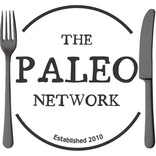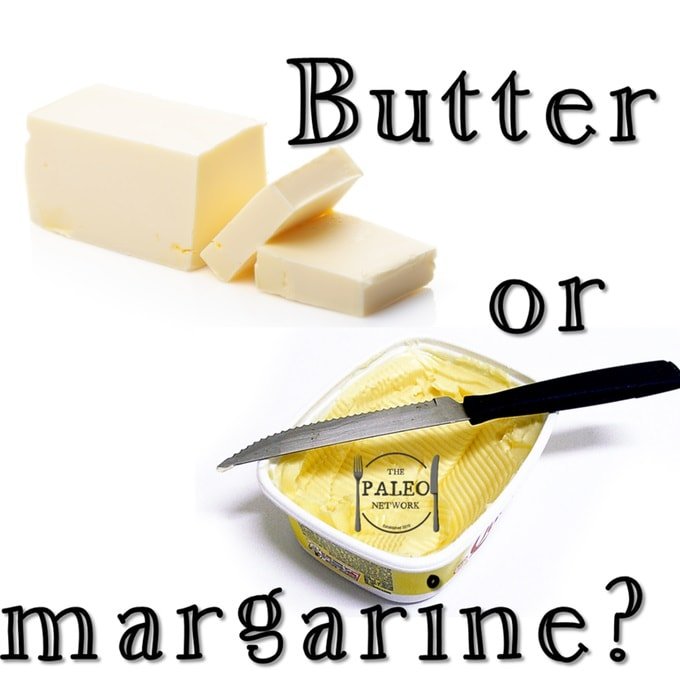A big factor in my own weight loss and controlling my hunger has been increasing my fat intake. I find that when I eat more fat, I am full for far longer, don’t feel hungry, feel more energetic and have much better weight loss results.
So many foods are actually high in protein, not fat. As excess protein is converted into glucose, I'm careful to not eat more protein than I need to – which makes it even more important to increase fat intake.
Exactly how do you add more fat to your diet?
Dairy is a popular source of fat, so a key factor is how well you tolerate fat. You may be better on a strict Paleo diet, with no dairy – or on a lacto-Paleo (or Primal diet), which allows the inclusion of dairy. Weston A Price is also an approach which includes dairy. Instead of being strict about it for the sake of being strict, I think it’s far more important to learn how your body tolerates (or does not tolerate) dairy. I used to avoid all forms of dairy, recently however, I've been experimenting with dairy, specifically butter, which I’ve been eating with most of my meals. If you do decide to have dairy, make sure it’s good quality, perhaps you can have raw dairy, where you live.

Top 10 ½ ways to add more fat to your diet:
1. Avocados
Avocados are a great source of fat – and very versatile. You can eat them on their own with a spoon, or sliced up alongside your dinner. Or you can get inventive and cook a curry with avocado, or even make a smoothie or mousse with avocado.
2. Coconut Oil
Coconut oil is such a good oil – and being stable at high temperatures, great to cook with. When you cook in coconut oil, be generous with your serving – and if you've cooked meat for example, pour the remaining oil over the meat before you serve it.
3. Coconut Milk
If you like the taste, coconut milk or cream is a good base for many meals and smoothies. In fact, coconut is a great source of fat generally, get some coconut flakes to snack on!
4. Animal Fats
Perhaps the best fat sources, lard, tallow, mutton fat, bacon fat and even goose fat (though careful with the omega ratio) are great to cook in.
5. Butter (and ghee)
Butter is my current favourite. I add a generous wedge of butter to all of my vegetables just before I serve them. Many of the nutritional goodness of vegetables is fat soluble, so adding fat to your veggies is a good way of making sure you get the maximum nutritious benefit. Butter can be added to almost anything – and it tastes great.
6. Olive Oil
Whilst I wouldn't cook with it, olive oil is fantastic to dress a salad in. Sprinkle on a few nuts, add a boiled egg, some meat, avocado and perhaps some cheese and you can make a big improvement to the fat content of a salad.
7. Pork Crackling
Not only does pork rind taste great, it’s another good source of fat. A word of caution though – it’s really important with pork to ensure it’s high quality – ideally pasture raised and organic.
8. Eggs
Eggs are a great fat (and protein) source. Just make sure you eat the yolk! If I make cauliflower rice I often stir in an egg just before I finish cooking it as a hidden boost.
9. Bones
Ok, so I'm not suggesting chewing on bones, but some good quality grass-fed bones make a great bone broth full of good fat.
10. Nuts
Whilst you have to be careful with nuts as they can have a poor Omega 3/ Omega 6 ratio – and they can be easy to over indulge in – they are a great fat source. I prepare a small serving of nuts to take to work with me, making sure I have a good mix to ensure I get the different nutritional benefit each type gives.
10 ½. Nut Butters
On a similar thread, nut butters such as almond, cashew and macadamia are also good, with the same note of caution about the Omega balance.
I’d love to hear your views on eating more fat. How much fat would you estimate you eat, and what are your top sources?
























